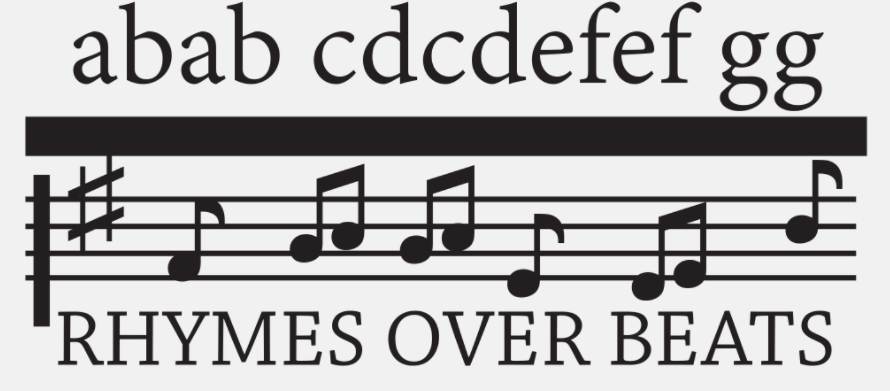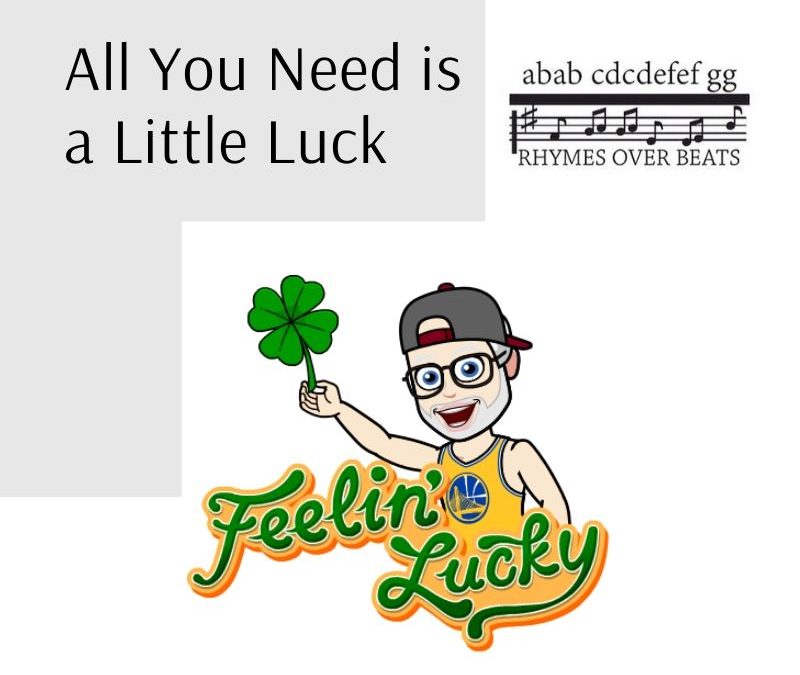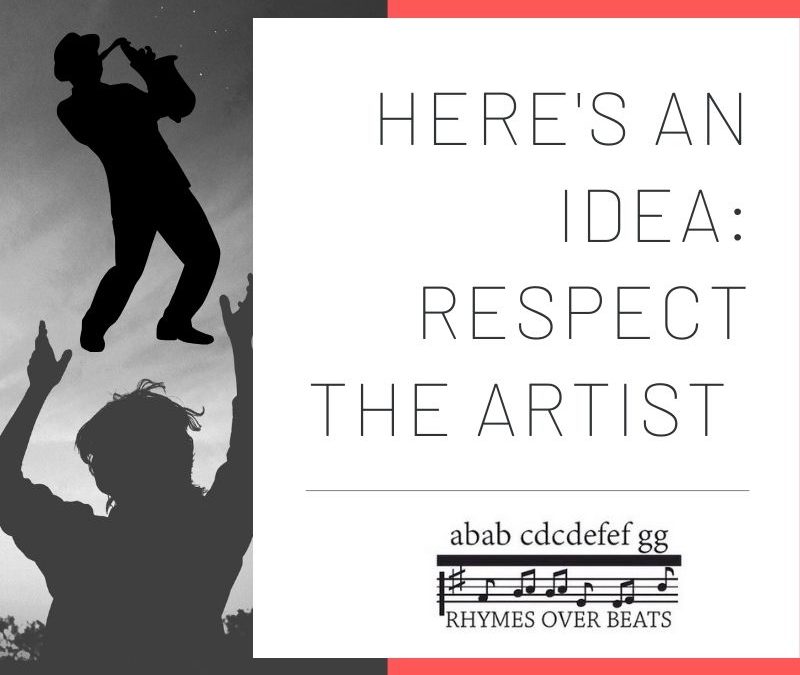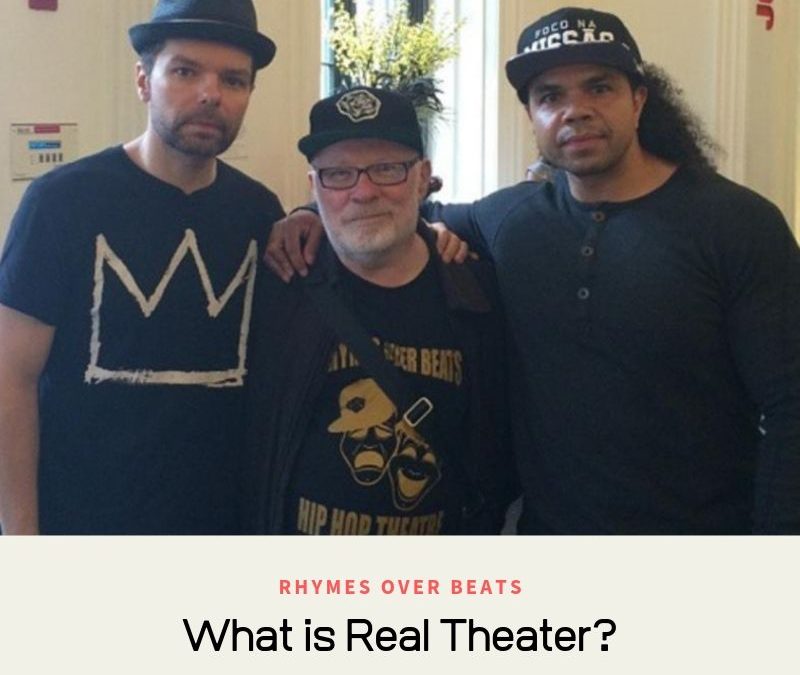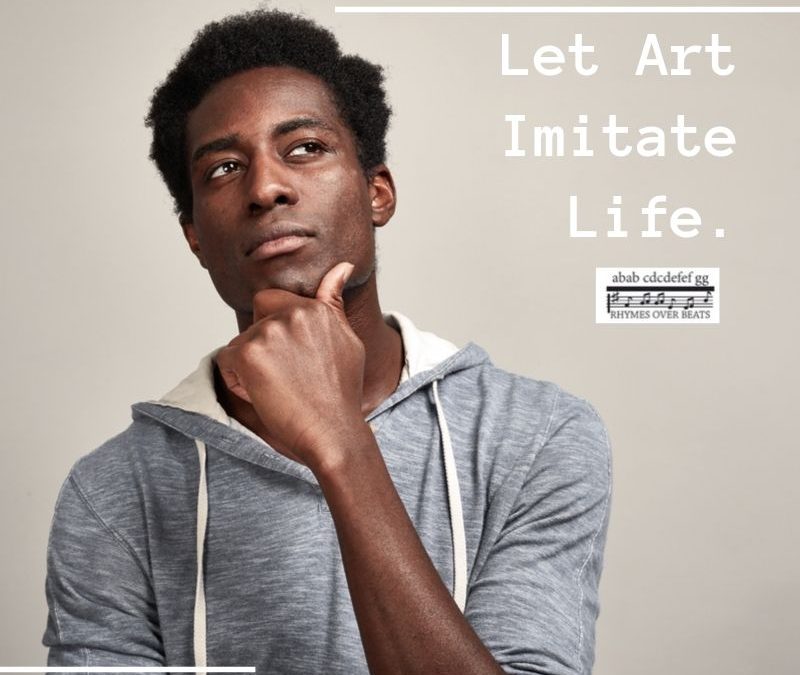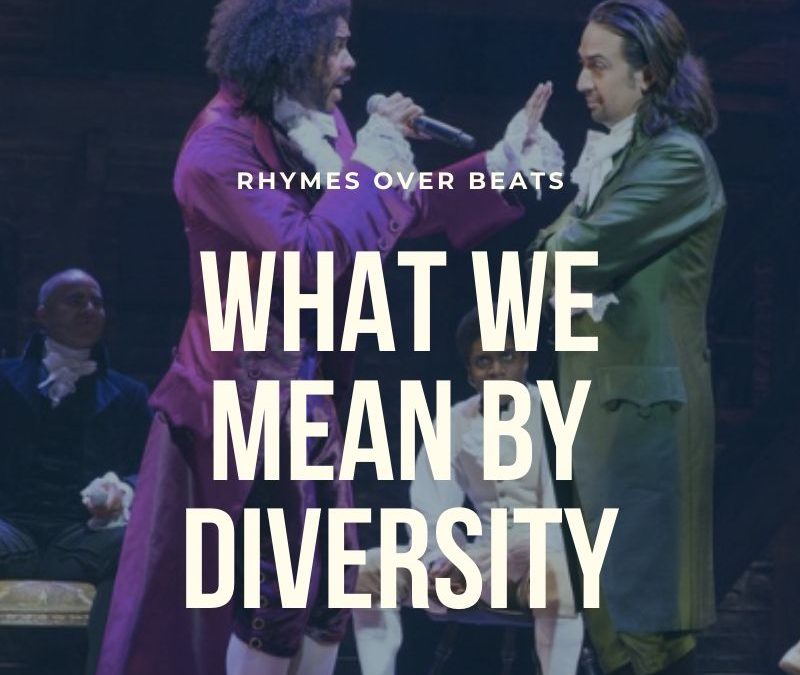
What We Mean By Diversity
Diversity
I once wrote a short play called Speed Dating for Actors. A male and female actor meet on a speed date. The encounter is going great until they discover they are both up for the same part. The casting breakdown for the part reads, “Robin 20s, bartender.” Both think the other is unqualified. The date ends badly.
I was reminded of the play when talking to our associate artistic director Cate the other day. We both agree there is not enough diversity in theater. We agree we should all be trying to increase diversity in what we write and how we cast.
At issue is how do we do this?
Here’s a Plan
I thought of a some small changes we can make that would create significant differences.
To increase diversity here are a few things we can do:
- If a play specifies an actor of color, don’t change the casting.
- Actively cast an actor of color when no ethnicity is specified.
- If gender is irrelevant to the part, always cast a woman.
- Experiment with non-traditional casting.
And remember, these suggestions don’t just apply to our casts, but to the entire production. We are looking to involve a diverse artistic and management backstage roles: designers, choreographers, directors, company manger, etc.
As a reminder, I want to end with a quote from the book Hamilton:The Revolution by Lin-Manuel Miranda and Jeremy McCarter
“When the Battle of Yorktown sequence ended that day, the largely black and Latino cast (singing a song written by a Puerto Rican composer, wearing costumes selected by an African-American designer) climbed on top of boxes and chairs to celebrate having done the impossible.”(Miranda 116)
That is what we aspire to!
Help us make this vision a reality by donating to Rhymes Over Beats end of the year donor drive.
